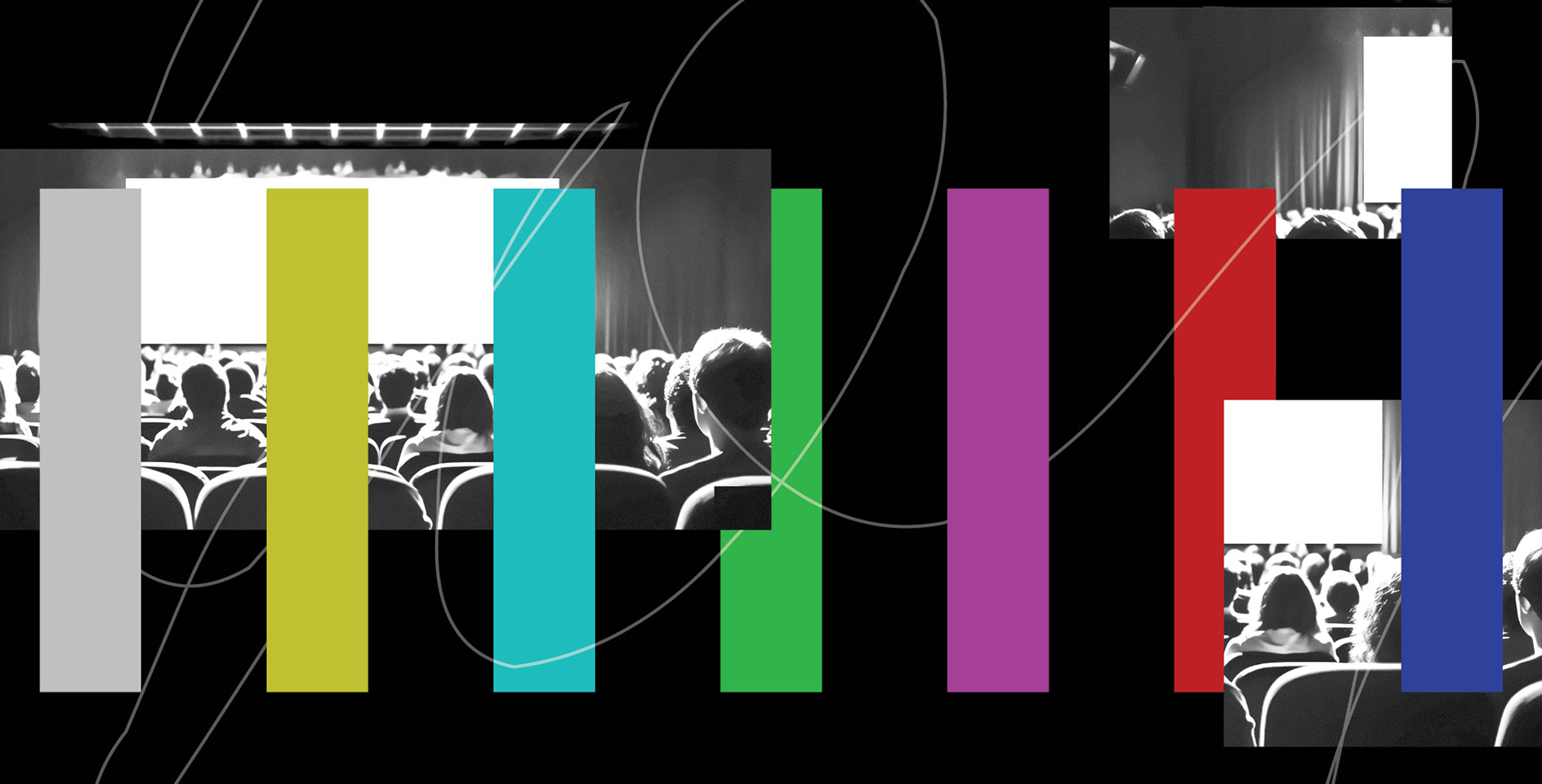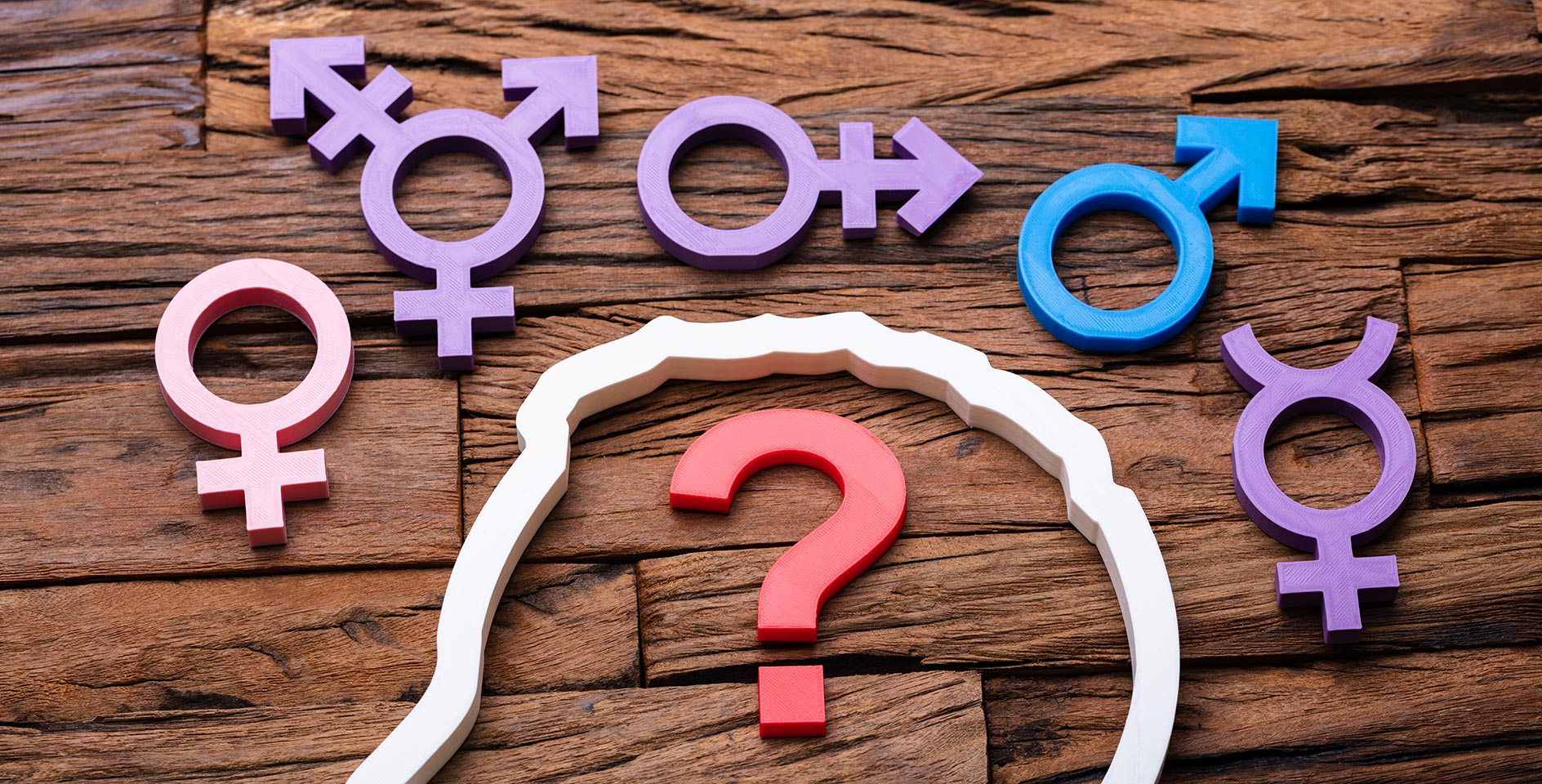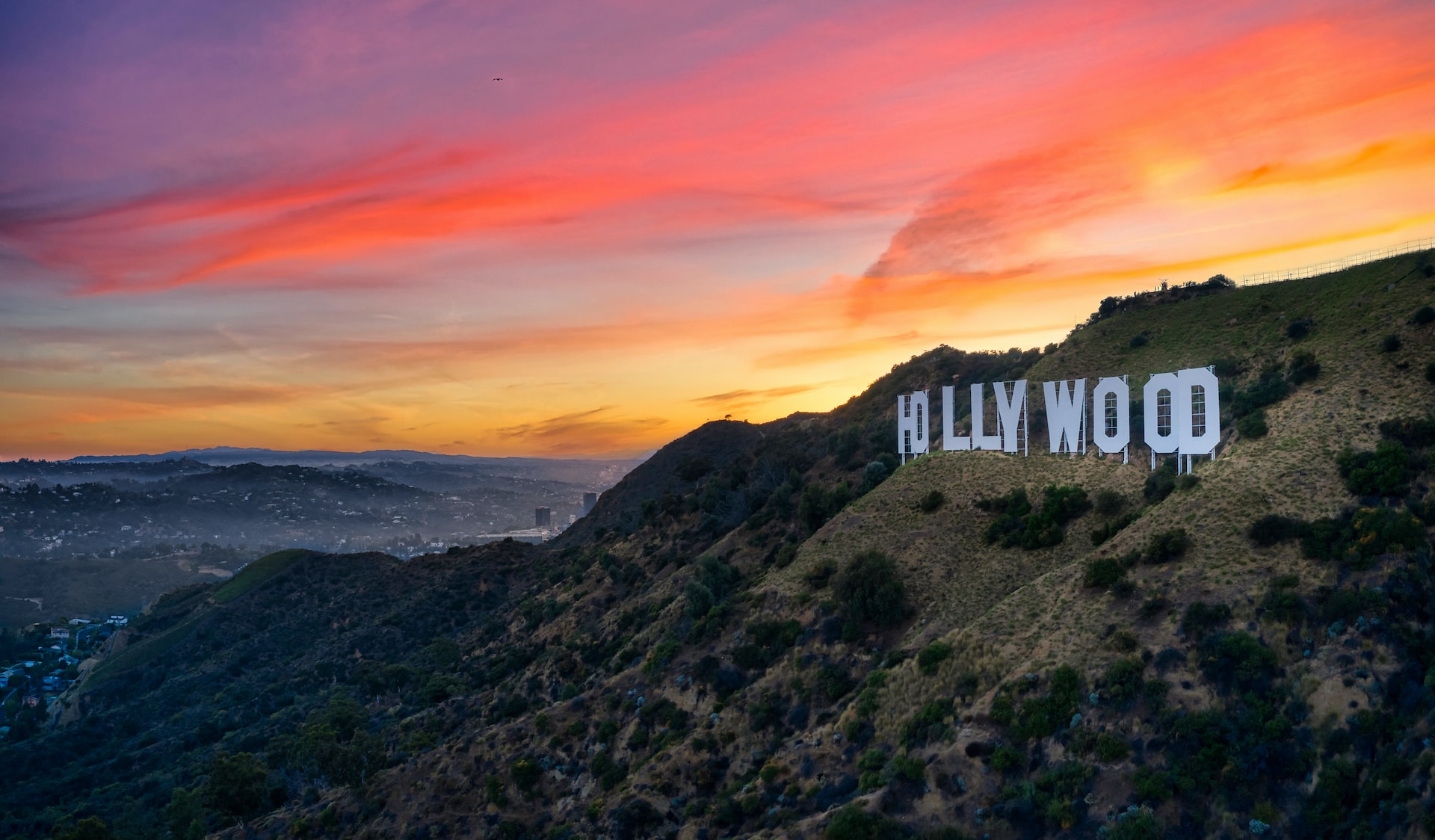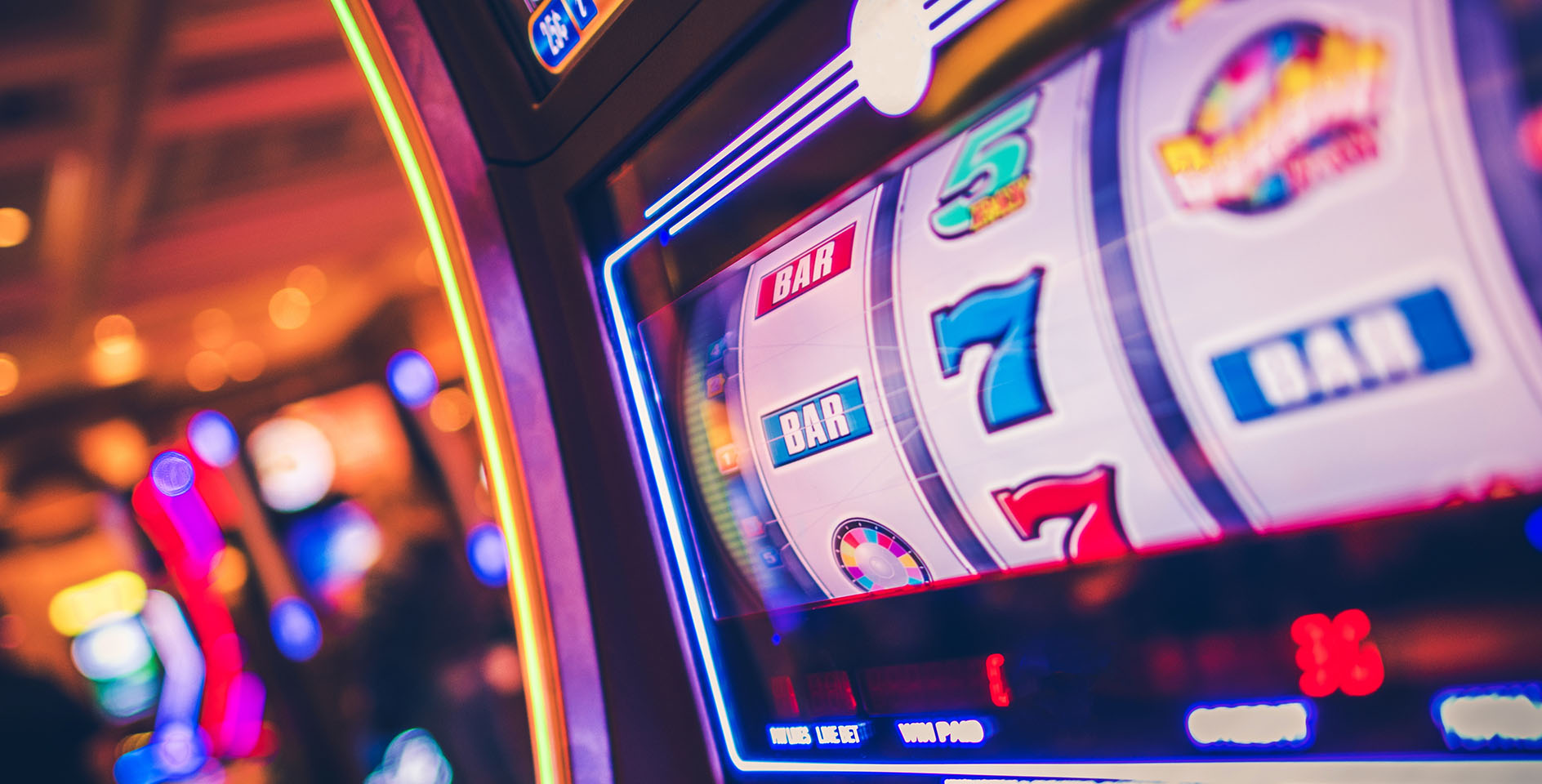My home state of North Carolina has become the latest target of protesting artists and entertainers. After Gov. Pat McCrory signed HB2 into law, Bruce Springsteen canceled his April 10th concert in Charlotte to “show solidarity”. Comedian Tracy Morgan made a similar move in Mississippi over their Religious Accommodations Act. In March, Georgia Governor Nathan Deal experienced heavy pressure from entertainment companies like Disney, AMC, and Apple to veto House Bill 757, which he did earlier this month.
Policy aside for a moment, perhaps a more foundational question is whether artists and entertainers have any business influencing legislation in the first place. Many Christians would rather Springsteen et al kept their opinions to themselves, arguing that it is unfair for artists to use their celebrity status to influence legislators or public opinion.
What we need to realize is that it’s not so much whether artists will influence the culture and politics, but how and which artists. Christians need to take a wide-eyed look at how they approach art and entertainment—realizing that they have voluntarily pigeonholed their artists in a subculture that robs them of culture-shaping influence.
The Arts and Politics
[livefree] For some reason, the recent boycotts feel novel to us, but historically America has been no stranger to artistic protest. For instance, everyone recognizes Ben Franklin’s famous “Join, or Die” political cartoon. This piece of art was meant to influence colonial leaders and citizens in the fight against Great Britain.
Negro spirituals are a distinctly American art form. They promoted solidarity among oppressed slaves and held a megaphone to their cry for liberty. “Go Down, Moses” was both a song of hope for blacks and a song of protest to the nation at large: “Go down, Moses, Way down in Egypt’s land, Tell old Pharaoh, Let my people go.”
[pcua] Poetry, painting, song, and other art forms were given by God to connect with the humanity on a visceral level. In the past, Christians recognized the importance of using art to grip the heart of men. Protestant Martin Luther is a prime example. In the pamphlet “Passional Christi und Antichristi” (1521), he included drawings by Lucas Cranach the Elder that juxtaposed images of Jesus driving moneychangers out of the Temple and the Pope selling indulgences to the poor in the church.
Art is meant to influence all areas of life—including politics. Consider that the Old Testament prophets often addressed their culture and leaders about justice, morality, corruption, sin, and idolatry through poetry. As Christians, we should not retreat from artistic engagement. Instead, we ought to see art as another opportunity to recognize and shine forth the glory of God.
Swaying the People
Perhaps nothing better embodies grassroots appeal like folk art. In particular, folk music shaped the American political climate of the 1960s. Artists like Bob Dylan, Pete Seeger, and their forerunner Woody Guthrie wrote songs that expressed the narrative of the common man. Dylan didn’t sway hearts with pitch-perfect or well-articulated harmonica solos. No, it was the way his lyrics expressed what everyone was thinking: “How many times can a man turn his head/And pretend that he just doesn’t see?/The answer my friend is blowin’ in the wind/The answer is blowin’ in the wind.”
Folk music is not the only grassroots art form. Jazz artist Billie Holliday used her gentle vibrato to awaken nightclubs across America to the horrors of lynching in the South. As much a protest as an appeal to the American conscience, she soberly crooned “Southern trees bear a strange fruit/Blood on the leaves and blood at the root…” Additionally, punk rock of the 1970-80s connected with the populous, expressing the angst of a generation toward government corruption and cultural hypocrisy. In recent years, comedy mainstay Saturday Night Live has unashamedly broadcast its opinions concerning various political issues into the living rooms of American homes.
Swaying the Powers
At other times, artists have sought to directly influence the powers that be. The recent boycotts in North Carolina could be seen as a kind of performance art—the refusal to perform as an artistic gesture meant to send a message to the governor and legislators. In 1985, dozens of artists like Stevie Wonder, U2, Miles Davis, and Afrika Bambaataa partnered to boycott Sun City in South Africa to protest the government’s horrific Apartheid system.
The profitability of entertainment in America has created an interesting situation in the 21st century. Artists are able to write songs, make movies, and use their celebrity status to influence leaders. However, now entertainment corporations bulging with American dollars are able to influence politicians, as well.
When the Religious Liberty Bill made its way to Georgia Governor Deal’s desk, Disney threatened to end its relationship with the state. At the time it was filming Guardians of the Galaxy 2 at Pinewood Studios outside Atlanta. But the kicker came when NFL Commissioner Roger Goodell implied that this law could affect Atlanta’s chances at hosting the Super Bowl in 2019 and 2020.
Consider this: the Seidman Research Institute reported, “Super Bowl XLIX…produced a gross economic impact of $719.4 million in the [Phoenix] region.” That’s quite a lot of heft the NFL has to throw around. The entertainment industry has realized its financial influence on local economies has given it enormous power to effect political leaders.
Looming Questions
One easy response among Christians is to say, “Shame on Bruce Springsteen, the NFL, and Disney. They should butt out of politics.” But before we do, let us remember all of the times we tuned into Monday Night Football, went to see Star Wars: The Force Awakens five times in theaters, or attended one of The Boss’ concerts. There are consequences to becoming an entertainment-driven culture. We voluntarily gave these entities our money and attention.
However, the deeper issue is the almost complete absence of art made by Christians from the public conversation. Where are all of the Christian artists? They are locked in an echo chamber—a place where evangelicals huddle together and cheer themselves on, ignoring the rest of the culture. Many of us are satisfied with songs, movies, paintings, and books that cement us in our parochialism.
What does it say about American Christianity that our most lauded artistic protest is God’s Not Dead 2? I’ll leave that for your consideration.
Christian artists and entertainers have almost no influence outside of Christian subculture. Perhaps this is part of the reason Christians are so outraged by the situation in North Carolina (And yes, also because there is an obvious cultural double-standard at play). We need Christians who make persuasive, heart-moving art. We need Christians who know how to make movies that touch the spirit of the populous. We need songwriters who know how to express the pain and hope of a community.
There are a few out there. Certain hip-hop artists have realized the necessary shift. Artist Propaganda writes in his song “Lofty”:
So we make lofty art
See the presence of good art will unconsciously refine a community
And poor art will do an incalculable harm
Only accomplished in the light of His excellency
According to Propaganda, poor art actually pulls apart a community, while good art is part of promoting God’s glory in society. So often, the Christian community elevates poor art or settles for the trite and mundane because it is at least biblically tolerable. However, there is something to be said for art that is both true and excellent, both honorable and lovely, both just and praiseworthy, both pure and commendable (Phil 4:8).
Look for those kinds of artists. Buy that kind of art. Support Christians who are endeavoring to enter the public conversation. May we not be content to fuss on the sideline. Sure, we need to engage in public debate and policy battles. However, the battle for the culture must engage the deepest parts of man, and good art will do just that.










